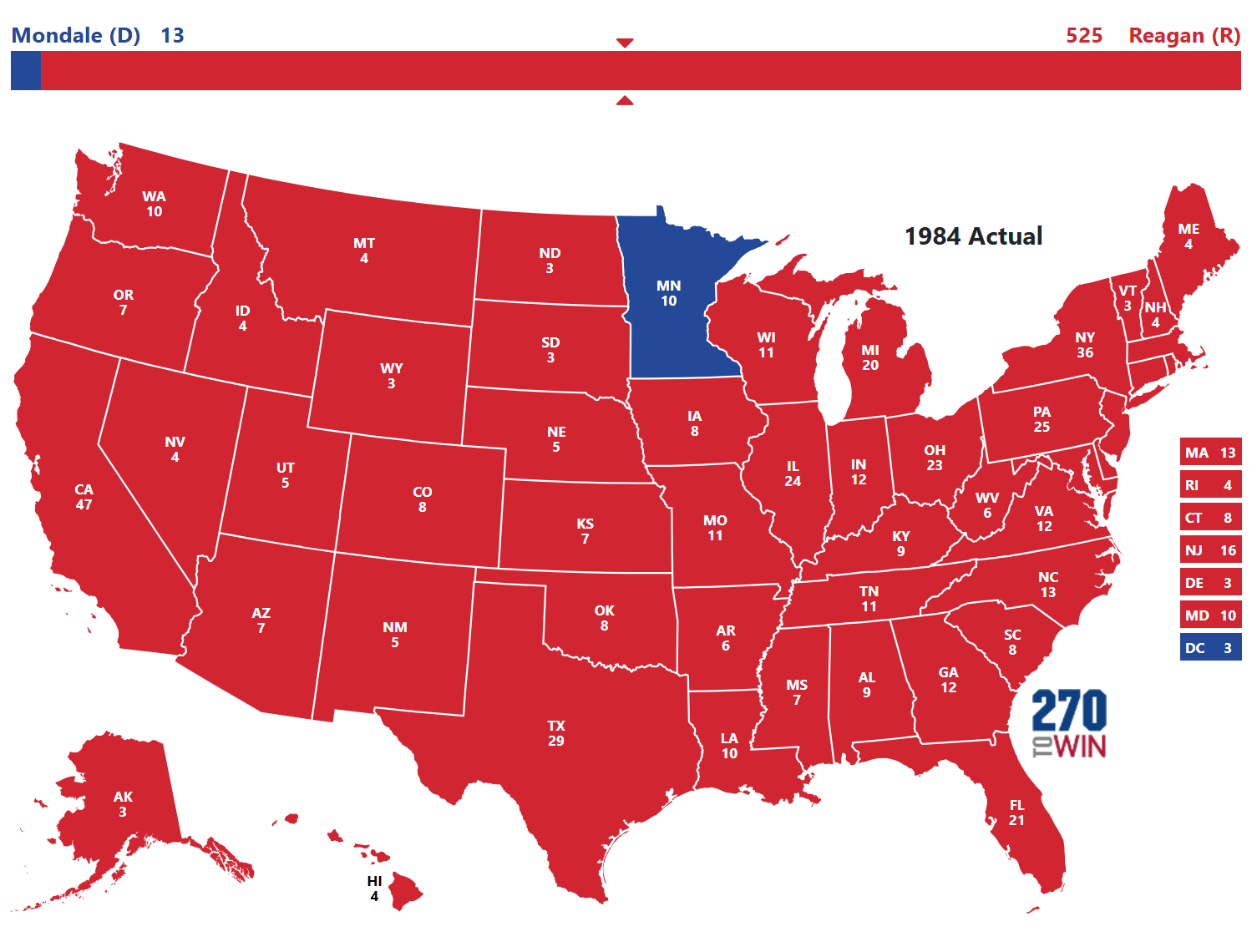I watched the entire video in linked in the OP.
Hartmann is dead flat wrong on a number of things.
At about 3 minutes in he says that the people (the majority) don't always get what they want. He continues on to say this is a bad thing and anti-democratic. Well, it might be anti-democratic but it is not always, in fact usually isn't, a bad thing.
Thought experiment (I know this will flummox the Leftists here who won't get it): You have three kids. You and they each get a vote in what to do. They vote for Micky D's and ice cream. You vote to pay the rent. Three against one, the democratic thing is Micky D's and ice cream. That stupid decision results in all four of you being homeless. Democracy doesn't always, in fact often, work.
Then he brings up the pre-Reagan era reciting what amounts to LBJ's Great Society. The Great Society program was a disaster. LBJ said in 20 years that Medicare would cost no more than $12 billion dollars. Twenty years later (1965 - 1985) it was at $90 billion and growing. Food Stamps (SNAP) has grown the same way both in cost and the number of people on it even as its originators expected it not to grow in scope or costs.
The public housing portion of the Great Society plan was an absolute disaster that ended with the Watts riots and angry people forced into this housing burning it to the ground.
The Model City program was likewise a disaster. Detroit was held up as the premier city of that program. Look at how utterly fucked up it is today.
The government getting into funding college is mentioned, without considering how that has skyrocketed the costs of getting a college education through the rafters and into the stratosphere.
What he misses with Reagan, and even Clinton, along with Margaret Thacher, is that they (Clinton reluctantly when he lost Congress but was smart enough to recognize which way the wind was blowing) dumped many of these programs in part or whole (for instance adding work requirements for welfare) that reduced the cost of them markedly while removing large numbers of people from them because they were now forced to produce for themselves.
He babbles on about, for all intents, how great it would be for us to follow models like Greece, Italy, Sweden in the 60's, etc., and adopt Socialism (without directly saying it) because that's what people want--right up until the economy tanks and there's nobody left to pay for it. Again, democracy isn't always the answer and Hartmann is either being clueless or disingenuous here.


